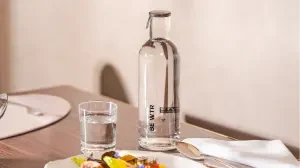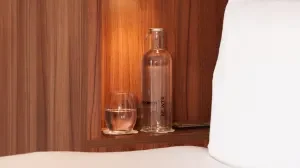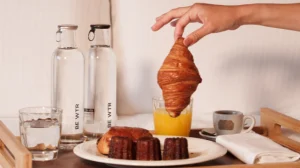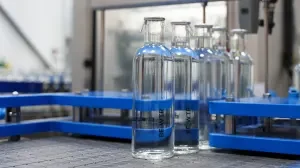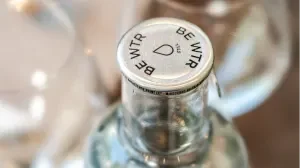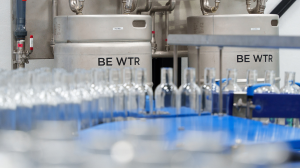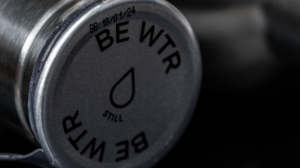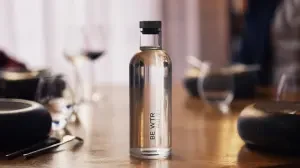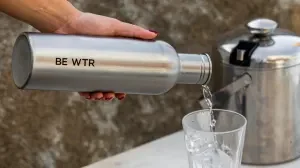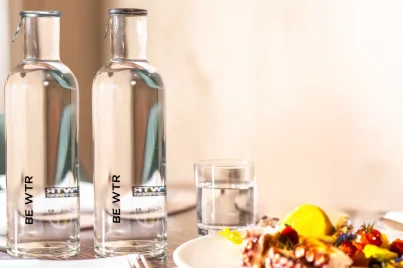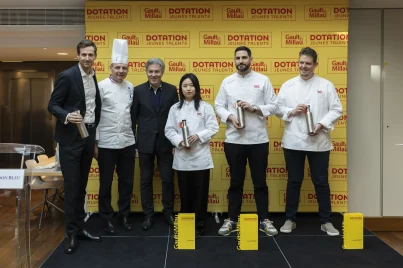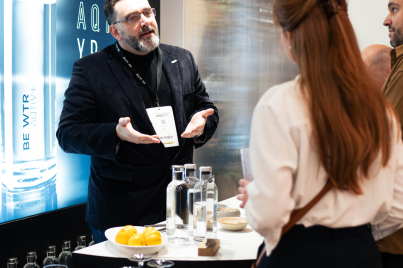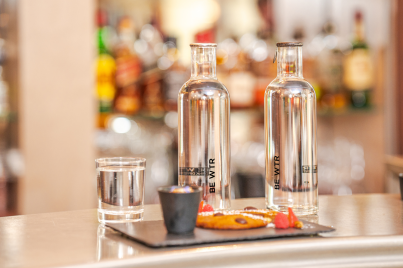#PLASTICPOLLUTION
Microplastics in Bottled Water: What You Need to Know
29 April 2025, 7:49 GMT
By
It’s no longer a secret that microplastics are present in bottled water — but a recent Columbia University study (Jan 2024) revealed something even more concerning: up to 240,000 plastic particles per liter, including nanoplastics small enough to potentially enter the bloodstream.
What Are Microplastics?
Microplastics are tiny plastic particles smaller than 5 millimeters, typically formed from the breakdown of larger plastic waste. They’re now commonly found in water, food, and even the air we breathe.
Nanoplastics are even smaller — generally defined as being less than 1 micrometer (1,000 nanometers) in size. Because of their microscopic scale, nanoplastics are far more difficult to detect and study, yet potentially more dangerous. Unlike microplastics, nanoplastics can penetrate biological membranes, making it easier for them to enter human tissues, organs, and even cells.
The Columbia University study found that the vast majority of plastic particles in bottled water are nanoplastics, not just microplastics — intensifying concerns about their long-term health impact.
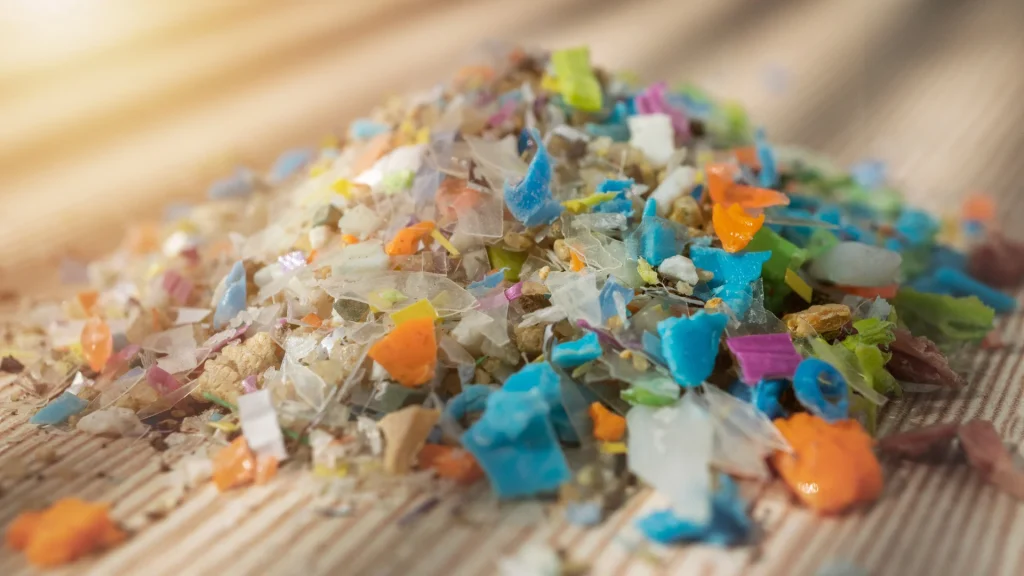
Why It Matters for Your Health
While research is ongoing, microplastics have been linked to:
• Hormonal disruption
• Chemical exposure (like BPA and other toxins)
• Inflammation and immune system stress
Bottled water may seem like a safer option, but often plastic packagings can release microplastics during storage and transport.
How Filtration Can Help
Water filtration plays a key role in reducing exposure to contaminants, including microplastics. For tap water filtration, advanced multi-stage filtration systems can help:
• To remove: Impurities, and microparticles, organic substances such as rust or sand, chlorine and unwanted tastes.
• To reduce: Pesticides, bacteria, PFAS, pharmaceutical residues, and microplastics.
At BE WTR, our patented Swiss filtration technology is designed to adapt to local water sources, improving both quality and taste — without the need for single-use plastic.
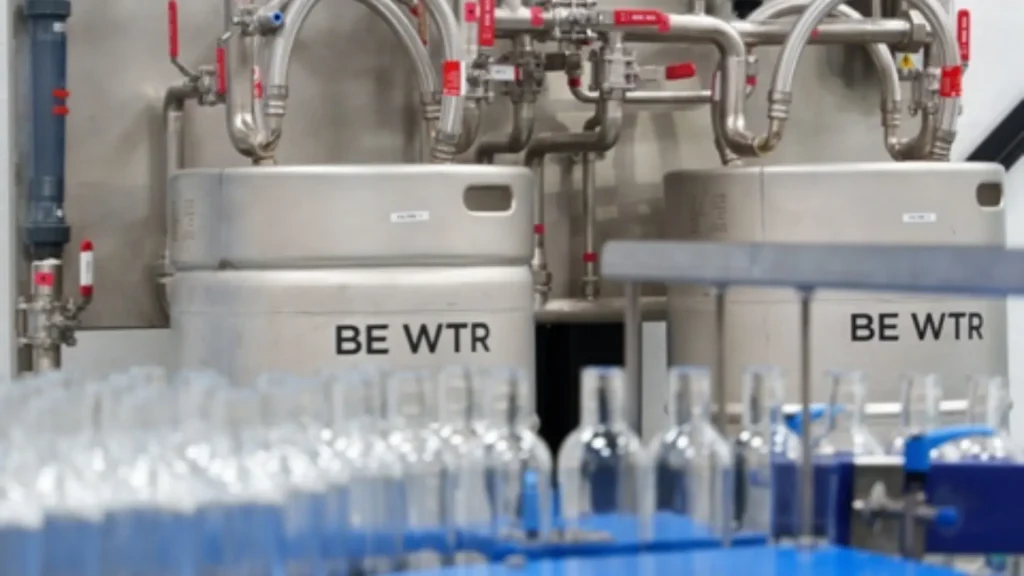
Learn more about BE WTR
The first sustainable premium water.
